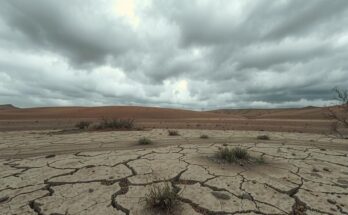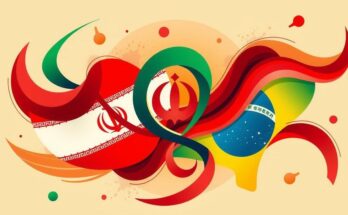The M23 group is willing to negotiate with the DRC government to resolve ongoing conflict. Angola will facilitate talks starting March 18, 2025. The M23 seeks a public commitment from President Tshisekedi, who previously termed them as terrorists. The conflict has led to significant casualties and allegations of Rwandan military support for M23.
The M23 armed group has declared its readiness to initiate direct negotiations with the Congolese government in an effort to resolve the protracted conflict in the eastern Democratic Republic of Congo (DRC). This conflict has been characterized by continuous violence and ethnic disputes.
Since its resurgence in 2021, M23 has gained control over substantial areas rich in minerals, reportedly with assistance from Rwanda. Angola has announced its role in facilitating peace talks, set to commence on March 18, 2025, in Luanda, the capital.
In a statement released on March 13, 2025, the M23 expressed optimism regarding the upcoming talks, viewing them as a significant opportunity to achieve peace. However, the group emphasized the need for Congolese President Felix Tshisekedi to acknowledge and commit to negotiations publicly, which they see as a critical step toward resolution.
President Tshisekedi has previously dismissed the notion of engaging with M23, labeling the organization as “terrorists.” Nonetheless, Angolan President Joao Lourenco has affirmed that discussions will take place following his discussions with Tshisekedi.
As of early 2025, M23 has recorded notable successes against the Congolese army, with the conflict reportedly resulting in over 7,000 fatalities, although this figure has yet to be independently verified. Rwanda has refuted claims of providing military support to M23, despite a UN experts’ report indicating the presence of approximately 4,000 Rwandan troops in the DRC to aid the group.
The M23’s readiness for negotiations represents a potential turning point in the conflict within the DRC. However, the path to enduring peace will necessitate a commitment from the Congolese government. Moreover, external influences, particularly from Rwanda, continue to shape the complexities of the situation, necessitating careful diplomatic engagement moving forward.
Original Source: newscentral.africa




